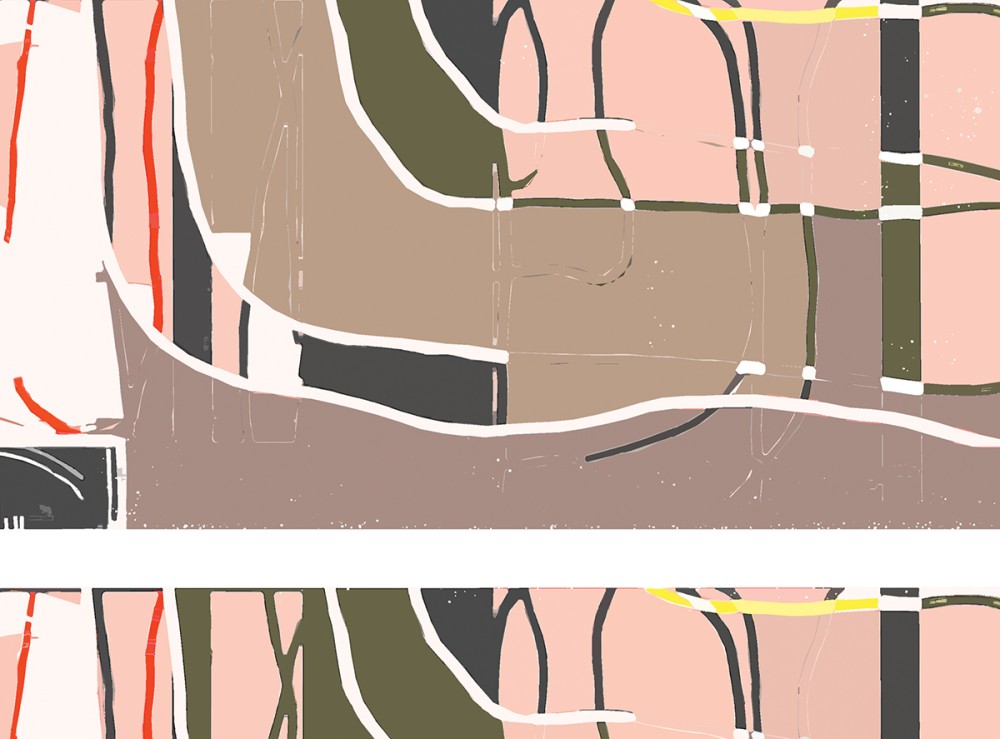
When I first heard Rabbi Noah Farkas talk about becoming a rabbi (see his story below), I found myself wondering about other stories of vocation and calling. Ministry is a field in which such stories are prominent and privileged. Not many people ask a construction worker, “How did you know that you were called to be a construction worker?” or ask a small business owner, “When did you first want to run a business?” But many people do ask ministers, “How did you discern your call to ministry?” Some denominations have a lengthy and elaborate process for asking that question and confirming a person’s answer. Others look for vivid personal testimony. All traditions of ministry rely on some kind of narrative.
The following collection of stories is not intended to be comprehensive or representative. It is meant to evoke and inspire other stories and a broader conversation about the discernment of God’s action in our lives. These reflections are part of a tradition rich in complex stories of call, from Hagar to Moses to Esther to Paul. The question, How did God speak to you? is always powerful and revealing. It may elicit stories of heartbreak, denial, uncertainty, or risk. Though I’ve never felt called to ordained ministry, these stories still speak to me as I try to imagine what it might mean for God to speak in and through my life. —Amy Frykholm





